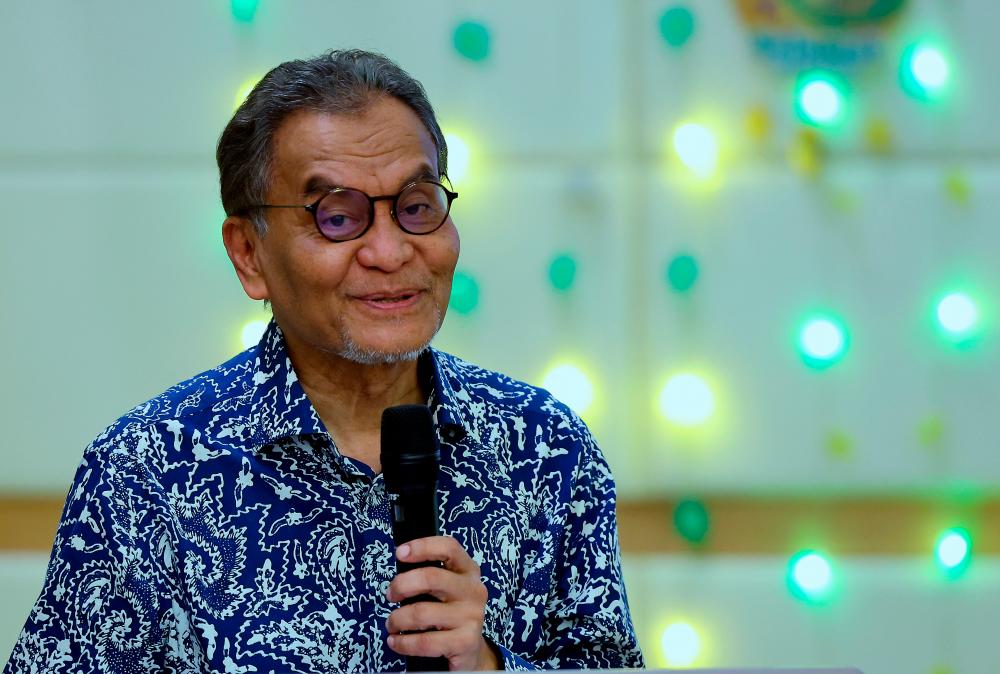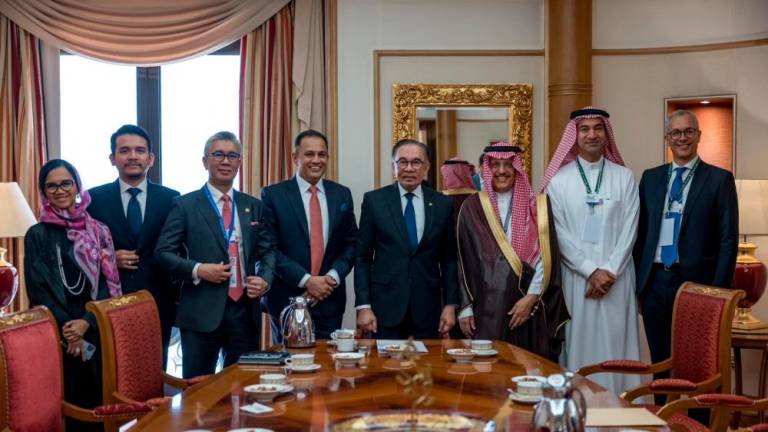PUTRAJAYA: Malaysia has initiated a comprehensive healthcare education programme in collaboration with the World Health Organisation aimed at promoting preventive healthcare practices and increasing awareness of the significance of early medical intervention.
In a joint statement issued by Health Minister Datuk Seri Dr. Dzulkefly Ahmad and WHO representative for Malaysia, Brunei, and Singapore, Dr. Rabindra Abeyasinghe, commemorating World Health Day today, they emphasised that realising the right to health requires concerted efforts.
“The MADANI government is committed to collaborating with various stakeholders, including policymakers, healthcare providers, civil society organisations, and the private sector.
“By empowering individuals with knowledge and skills to manage their health proactively, Malaysia can not only address existing health disparities but also build healthier future generations,“ the statement noted.
The statement also highlighted Malaysia’s efforts to expand universal health coverage (UHC) and improve the quality of healthcare services.
“To prevent neglect, we must continue to invest in the development of UHC and strengthen the healthcare system.
“A sustainable and inclusive system not only ensures equitable access to healthcare but also empowers individuals to make informed decisions about their health matters. This fosters a culture of proactive health management,“ the statement noted.
The statement emphasised that the right to health should not be regarded as an exclusive privilege but rather as a human right that requires recognition and fulfillment by all parties, adding that health is not merely the absence of disease; it also encompasses physical, mental, and social well-being.
While Malaysia has made significant strides in this regard, the statement acknowledges that there are still disparities and obstacles that need to be addressed to realise the right to health for all.
“To address healthcare disparities and enhance preparedness for future emergencies, the right to health needs to be collectively elevated.
“Despite the increasing challenges in implementing the reform agenda outlined in the Health White Paper due to post-pandemic economic recovery, efforts to improve global healthcare and health equity can succeed if the right to health is recognised as a core agenda,“ the statement read.
The statement highlighted that the right to health encompasses four crucial interconnected elements: availability, accessibility, acceptability, and quality.
It said, despite Malaysia’s significant progress in providing universal healthcare grounded on these four elements, there is a pressing need for further action to ensure inclusive access for all citizens.
Malaysia has also successfully addressed healthcare access disparities through infrastructure development, and allocated funds for telemedicine and mobile health clinics for populations in remote areas, the statement noted.
Such efforts have successfully improved healthcare access and quality for rural communities, bridging the gap between urban and rural areas, it said.










